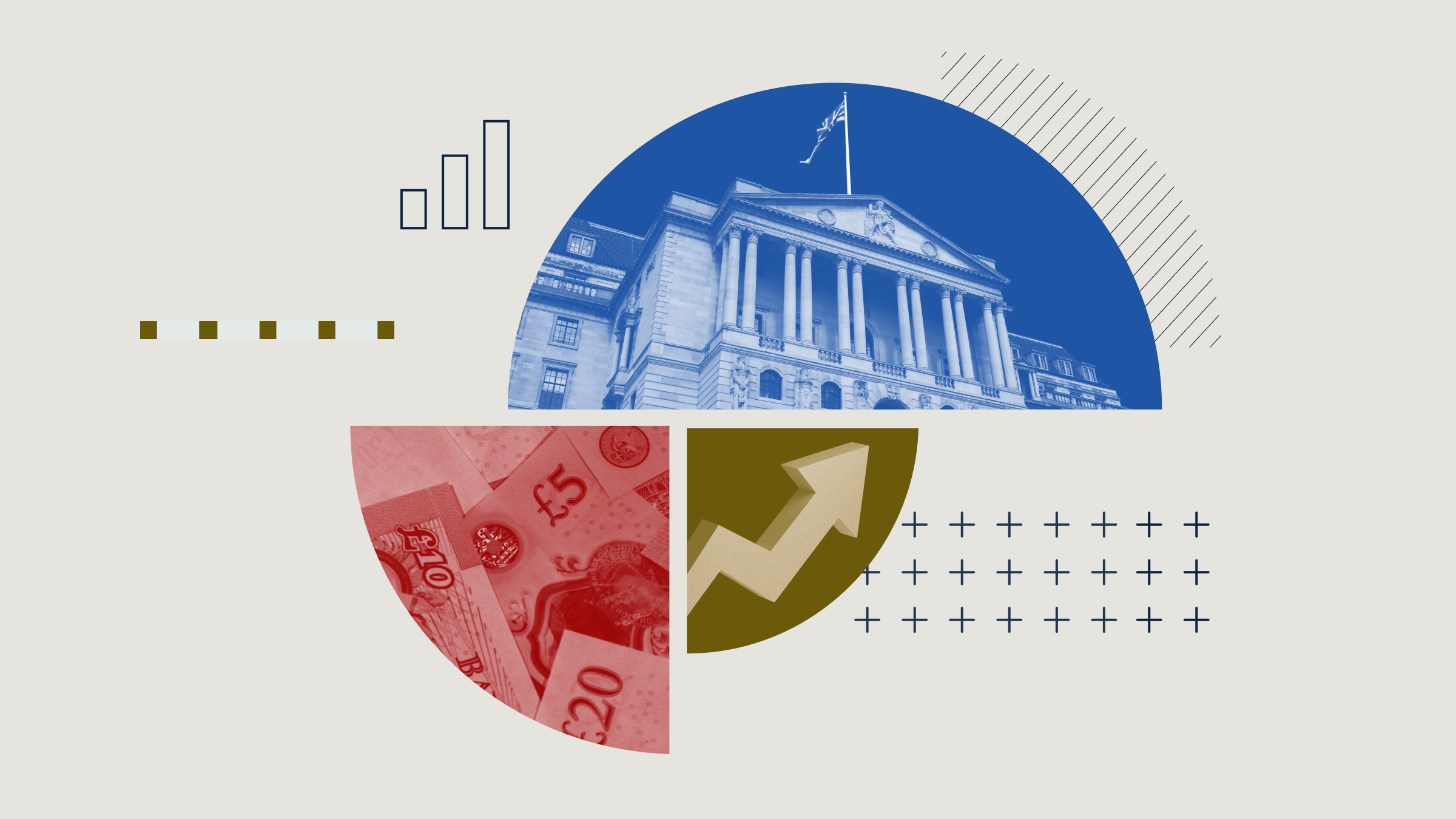Morningstar's "Perspectives" series features investment insights from selected third-party contributors. Here, Alan Higgins, UK CIO for Coutts outlines the bank’s current investment strategy.
Overweight Equities, But Some Valuations Looking Stretched
We remain positive on equities in general, and see them making modest gains as the global economic recovery continues. The global disinflation trend has galvanised central-bank stimulus efforts and should support global growth. With valuations looking stretched in some markets, we took the opportunity in May to trim our overall overweight stance in equities.
Equity valuations in general are somewhere between mildly cheap and mildly expensive, depending on what measure you use, while we see US equities in particular as being expensive.
We would look to any short-term correction as an opportunity to add back to our equity positioning at better valuations. Valuations are stretched in some equity markets; we focus on better-value areas
Positive on Europe and Asia, Negative on US Equities
We still prefer European and Asian equities, which remain better value than global peers, and with greater scope for earnings growth in our view. US first-quarter net income growth was the weakest since the post-credit crisis earnings recovery, which we believe makes it harder to justify the higher valuations of the US market. Within Europe, we have shifted from core markets into more attractively valued Spanish and Italian equities, which we believe should benefit from improving economies. These markets also have significant exposure to the unloved banking sector, which we see as attractively valued after years of repair to balance sheets and signs of growth in lending.
What About Bonds?
US, UK and German government bond yields remain near record lows, while growth is improving and inflation set to rise. As growth recovers, we expect upward pressure on US rates, and therefore look to trim exposure to major government bonds.
In the UK, we don’t see rates rising before 2016, but believe gilts will come under pressure along with US Treasuries. We are neutral investment-grade corporate bonds relative to government debt, given their modest additional yield.
Dollar-denominated emerging market debt continues to recover and remains one of our favoured fixed-income sectors. We remain neutral on high-yield bonds in general, and underweight sectors such as energy or Asian property.
Mixed Outlook for Commodities
With China’s economy stabilising, expectations for rising global oil demand have helped Brent prices rally back above $60. However, uncertainty around OPEC supply and potential further sanctions against Russia make the direction of oil prices harder than usual to predict.
The Ukraine crisis and sell-off in emerging markets earlier this year saw gold rise to its highest level since September 2012. Such events show that global risks haven’t disappeared and that problems in individual countries can trigger renewed demand. The gold price tends to weaken amid dollar strength, although gold retains a neutral role in our portfolios as a hedge against global risks.
Commercial Property Provides Income
We are overweight UK commercial property continues to offer attractive yields, and prices remain well below their 2007 peaks.
Morningstar Disclaimer
The views contained herein are those of the author(s) and not necessarily those of Morningstar. If you are interested in Morningstar featuring your content on our website, please email submissions to UKEditorial@morningstar.com.





























